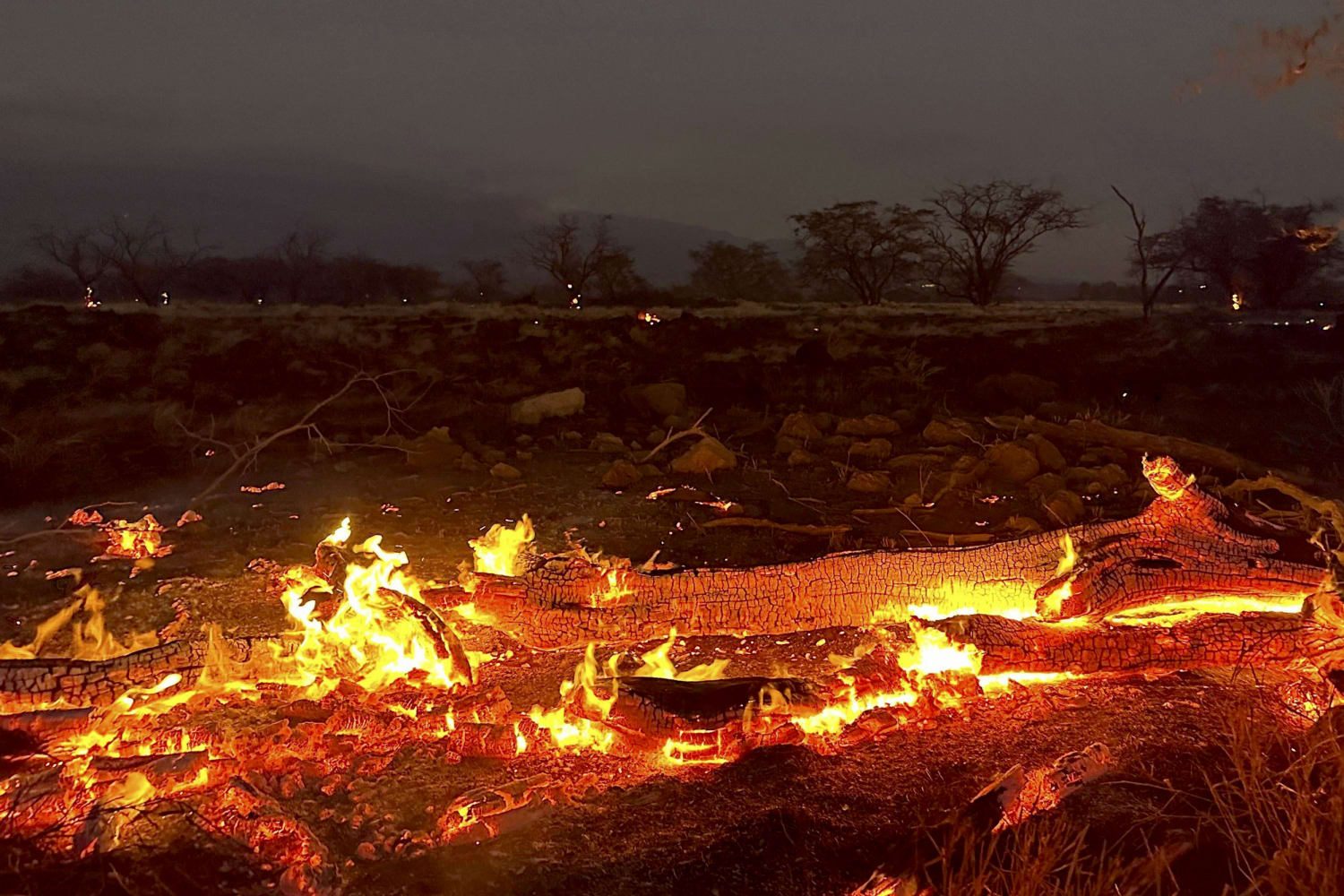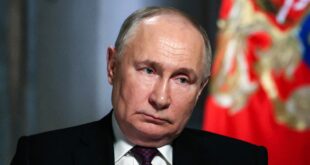

As Hawaii continues its effort to contain wildfires across the Big Island and Maui, and a climbing death toll leaves residents shell-shocked, scientists across the United States have begun to take stock of the plants and animals that have been lost to the flames.
Though Hawaii makes up less than 1% of U.S. land, it contains 44% of the country’s endangered and threatened plant life. While some native plants can gradually recover from wildfires of this scale, others will likely be scorched beyond regrowth, experts said. No clear data is available yet on exactly what has been lost, but scientists fear the toll is significant.
“There are immeasurable amounts of ecological damage, even in rainfall, after a fire,” said Venkataraman Lakshmi, a professor of engineering at the University of Virginia. “Hydrological extremes — floods, droughts, landslides, permafrost, thaw and wildfires — are becoming more frequent, as well as of higher magnitude.”
Hawaiian botanists, who have spent years pushing for forest restoration projects, say the inevitable loss will be felt deeply on the state’s landscape for years to come.
“Many native species in Hawaii are not fire-resistant,” said botanist and environmental researcher Katie Kamelamela. “That will have a big impact.”
Hawaii’s volcanic islands, variety of biomes and isolation from the continental U.S. have produced species unlike those seen elsewhere, Kamelamela said. Flowers like the ko’oloa’ula and pua‘ala have long been endangered, and can only be found on the archipelago.
In parts of Hawaii that are becoming increasingly dry, wildfires have always been a threat. Kamelamela says she’s seen their impact before. As a botanist, she’s worked at reforestation sites making the slow uphill climb of restoring the islands’ native plant life. All of it can be wiped out with a single spark, she said.
“I’ve worked on a fire site in Oahu, which is the island I grew up on,” she said. “It was a project to reforest with native species. We got like 15 years into it, and it burned.”
Some native plants can gradually recover from wildfires. Others, she said, become “total matchsticks, unrecoverable.”
This fire was uniquely brutal, she said.
How it got this bad
A destructive combination of factors — including winds from Hurricane Dora, an unusually dry climate and flammable invasive plant species — aligned to make this wildfire uniquely widespread and dangerous, Lakshmi said.
Nonnative shrubs and grass were introduced to Hawaii from other parts of the world over time to help resist droughts, given their ability to survive extreme heat and dryness. This strategy, experts say, has backfired.
“There were a lot of invasive species which took root and came quickly to life after the last fire, and especially survived a drought,” Lakshmi said, referring to wildfires on the islands in 2018.
Those species make it easier for a wildfire to quickly light up large swaths of land, he said, and they also bounce back much faster than native plants.
“They come back faster than the native species,” he said. “Unfortunately, native plants take more time.”
After working on several forest restoration projects on the islands, Kamelamela said she’s seen firsthand how threatened Hawaii’s landscape is — even before this fire.
“We’re stretched very thin,” she said.
Wildfires, becoming increasingly more common with climate change, leave permanent impacts on the land, Lakshmi said. They change the soil, he said, making it harder for water from future rains to permeate. With climate change, he said, we’re only going to see more of this kind of extreme weather.
Kamelamela hopes that those who consider her home a tourist destination will see what is happening and lend support before things get worse.
“For anybody that’s ever dreamed of coming to Hawaii or has come, return that same aloha back to us at this time,” she said, referring to the word that means many things in Hawaiian, including mutual compassion.

 Latest Breaking News Online News Portal
Latest Breaking News Online News Portal




